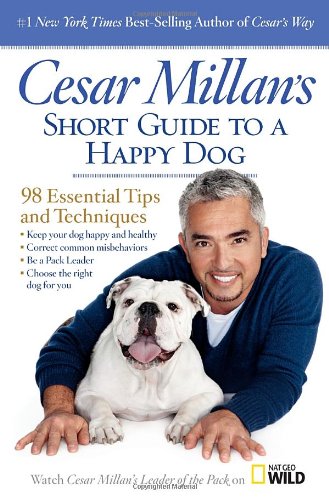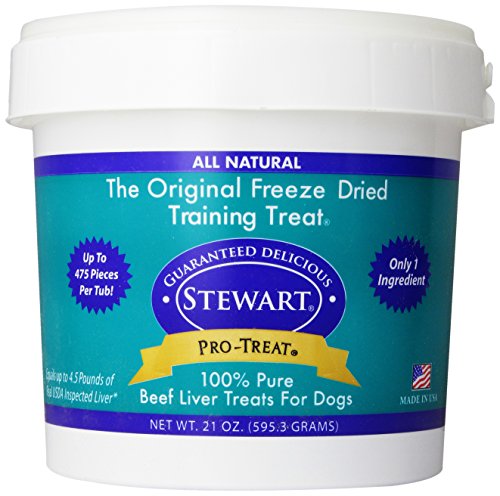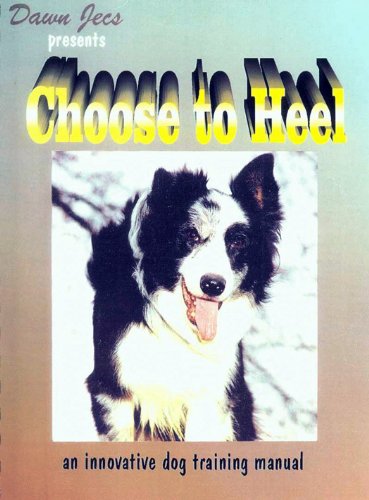
For many of us our daily lives are enriched by the unconditional love and companionship of our faithful hound friends. We’ve come to reply on them to look pleased when we come home at the end of a hard day’s work, to keep a sharp look out around our property, to be o
 n constant alert for danger and to be a faithful part of our family – in good times and in bad.
n constant alert for danger and to be a faithful part of our family – in good times and in bad.
However, if people can sometimes feel like life is getting on top of us, that despite our best intentions we often feel uninterested, miserable and that life just isn’t as much fun as it used to be – can dogs also feel this way? how would we know if they are depressed? what causes man’s most faithful friend to lose hope? and what can we do to help them?
According to the experts – dog depression is real and much more common than we may think. It seems that the pace and pressures of our modern lifestyle haven’t just increased rates of depression in people – our beloved pets are often struggling as well.
Image courtesy of Jenna MacKenzie at FreeDigitalPhotos.net
Canines are the kind of creatures that live very much in the present. When they’re happy – they show it immediately and constantly. They are highly animated, they want to interact with you, they wag their tails when you talk to them and are alert to their surroundings. When they’re unhappy, their behaviour will be different. If you are concerned that your dog may be depressed, start by watching their behaviour closely and work through this checklist.
Has as your pet:
1. stopped eating?
2. started sleeping a lot more than usual?
3. started licking or chewing themselves constantly?
4. started hiding and withdrawing from contact with others?
5. become irritable, short-tempered or aggressive?
6. stopped wanting to do activities that they used to like doing? or
7. started generally moping about without any real purpose?
Not every animal’s symptoms will be the same, but if you can answer “yes” to at least two of the above symptoms, your hound may really need your help.
Although every animal is different, depression is often caused by a constant, sudden or traumatic change to their routine or environment. This could be anything from:
1. the death of another pet who was previously a companion;
2. injury or illness to the animal itself;
3. a change in home or immediate living environment;

Image courtesy of SOMMAI at FreeDigitalPhotos.net
Canines cannot fight their genetics - they are essentially a pack animal.
Dogs are highly social and need companionship to be happy. Pooch’s like lots of social interaction, whether it be with other pooch’s or people. Those that are constantly left alone are unlikely to be very happy. This is why a dog who suddenly loses a companion, whether it is another pet or their owner may become very withdrawn. Loneliness is a major cause of canine depression.
They are also naturally athletic and relish in physical activity and wide open spaces. One that is tied or locked up for long periods of time is unlikely to be very happy.

Image courtesy of Rosen Georgiev at FreeDigitalPhotos.net
It’s a well-known fact that dogs are very good at sensing human emotions. If someone in your family has become seriously ill, died or left home, pets have been known to reflect the emotions of the remaining family members and may even join in the grieving process or pine for the missing person.
Thankfully, depression in dogs is generally short-lived provided symptoms are picked up early and corrective action taken. Take action now!
1. Inspect closely for any sign of physical injury or illness.
Perhaps your pet has been hurt somehow or taken ill without you noticing? Being in constant pain or suffering from the increasing effects of an illness or infection will make anyone, including your pooch unhappy. Seek medical advice.
2. Spend time with your dog.
Find ways to keep them engaged – do things together – do things that they used to like doing. This could be as simple as going for drives in the car, playing in the park, collecting the newspaper or mail together, or a good old game of frisbee or fetch!
Image courtesy of Dan at FreeDigitalImages.net
3. Reward your pooch when they show signs of being happy.
Be consistent and be careful not to confuse them. When they show signs of being pleased to see you – give them some special attention and let them know how pleased you are to see them too. Be careful not to reinforce the depression by giving too many treats in an effort to try and “cheer them up”.
4. Make sure your pet has some level of company and social interaction.
If your dog must be left alone all day, consider getting another p
 et to keep them company. Alternatively, get a “doggie walker” to visit your home each day when you’re not home and take your pooch out for some exercise. Consider “doggie day care” one or two days a week if you have such a facility nearby. This can be a great way to provide your dog with the social interaction and stimulation they need.
et to keep them company. Alternatively, get a “doggie walker” to visit your home each day when you’re not home and take your pooch out for some exercise. Consider “doggie day care” one or two days a week if you have such a facility nearby. This can be a great way to provide your dog with the social interaction and stimulation they need.
Image courtesy of Federico Stevanin at FreeDigitalPhotos.net
5. Give your hound some mental challenges.
Dogs are highly intelligent animals and often respond well to being trained and even given special “jobs” to do. Look at the range of toys and canine puzzles available and regularly get some new ones. Take them to obedience or agility classes. This also doubles as a good opportunity to socialize with other dogs.
6. Make them feel safe and secure in their environment.
Provide a regular routine - they will feel reassured and are less likely to develop neurotic tendencies. Make sure they are not exposed to intense interactions with other animals that leave them feeling threatened and fearful.
7. Get more exercise and fresh air!
This has the double benefit of being very good for the owner’s health and well-being as well! Fitness increases levels of “feel-good” hormones in the body and makes dogs and humans alike less prone to illness and injury. Coupled with a good diet, regular and varied exercise is a sure-fire way to a happier hound.

Image courtesy of James Barker at FreeDigitalPhotos.net
If symptoms persist – get professional advice from a reputable veterinarian. In severe cases your vet may prescribe drugs such as anti-depressants for your pet.
By following these useful tips it is likely that dog depression will be kept at bay and you will enjoy a much happier hound for many years to come.
 Cesar Millan's Short Guide to a Happy Dog: 98 Essential Tips and Techniques
Cesar Millan's Short Guide to a Happy Dog: 98 Essential Tips and Techniques Whats in Your Pets Dog Paw and Feet
Paw showing pads A. Claw, B. Digital Pads, C. Metacarpa
Whats in Your Pets Dog Paw and Feet
Paw showing pads A. Claw, B. Digital Pads, C. Metacarpa
 Catch Him Being Good
Many people find that they d
Catch Him Being Good
Many people find that they d
 Are Choke Collars Safe?
You see chokers everywhere-
Are Choke Collars Safe?
You see chokers everywhere-
 Kyjen Plush Puppies Alligator Squeaker Dog Toy
If your dog gets new toys an
Kyjen Plush Puppies Alligator Squeaker Dog Toy
If your dog gets new toys an
 How to Winterize Your Outdoor Doghouse
The temperatures are droppin
How to Winterize Your Outdoor Doghouse
The temperatures are droppin
Copyright © 2005-2016 Pet Information All Rights Reserved
Contact us: www162date@outlook.com